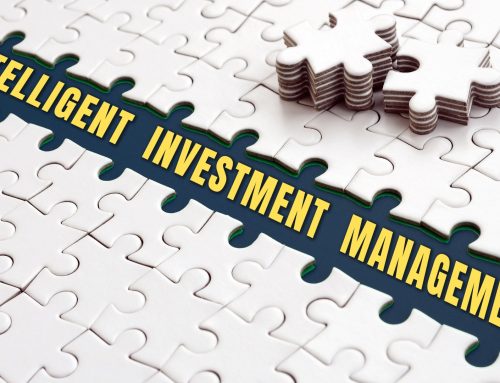
Thoughts On: Uses of Cash in the Portfolio
Should we go to cash? Why cash?
Periodically, clients ask if we should “go to cash” with their portfolios. They never ask this question while stock prices are going up, but only when prices have been coming down. This is due to the human tendency to buy at the top and sell at the bottom, which is a bad tendency.
To combat this tendency, I want to look closer at the role of cash in an investment portfolio. An investment portfolio has at least a five-year time horizon; it is NOT short-term spending money. Short-term spending money belongs in cash and cash equivalents. Long-term investment portfolios normally consist of stocks and bonds.
We manage long-term investment portfolios for our clients. They hire us to create and manage an investment portfolio with three objectives: don’t lose their money, grow the portfolio at a reasonable rate, and reassure them when things are scary. A major requirement of our job is to decide FOR our clients whether to own stocks, bonds, or cash, in what proportions, and which particular securities. We are not waiting for our clients to tell us to move between stocks and bonds and cash, nor do we think our job is to ONLY own stocks, or bonds, or cash. Our job is to create and manage a portfolio that will satisfy our clients’ objectives.
Normally, that means a portfolio of 20-30 stocks (meaning a 3-5% position in each stock) diversified across market capitalization, industry, and sector. If we can find 30 stocks that meet our investment criteria, we are fully invested. If we can only find 15 stocks that meet our criteria, we are 45-60% invested in stocks with the remainder in either bonds or cash. If we can’t find ANY stocks that meet our criteria, we will invest in either bonds or cash.
Our cash position is a function of our stock (and bond) selection. We spend a lot of time selecting securities that we think will achieve portfolio objectives, and cash is where we park money while we are looking.
So, the question, “Should we go to cash?” is really asking, “Should we sell the companies we own at the current prices?” The “Should we sell…” question is really asking if we think the companies we own will still meet the portfolio objectives, which is really a question about our selling discipline.
We sell companies for a variety of reasons:
- We bought the company cheap, and it is now selling for more than we think it is worth. We made money on it, it worked out for us, and it’s time to harvest and take profits.
- We were mistaken about the company when we bought it, and it’s time to correct our mistake. Sometimes that means taking a loss, sometimes a gain. But it is time to move on.
- We bought the company for good reasons, we were right to buy it, but the world has changed due to politics, markets, economics, etc., and it’s not as good an investment as it once was.
- We have a better idea; we found a company we like better than something we already have, so we swap it out.
In most cases, the selling decision is INDEPENDENT of the purchase decision. We will sell what should be sold when it should be sold, and we will buy what needs to be bought when it needs to be bought. Our cash position is a result of the difference in timing; sell something now, buy something later, and hold cash in the meantime.
All of which is part of the service we provide our clients as professional money managers.
The opinions expressed are those of Anthony Muhlenkamp and are not intended to forecast future events, guarantee future results, or offer investment advice.
Investing involves risk. Principal loss is possible.








